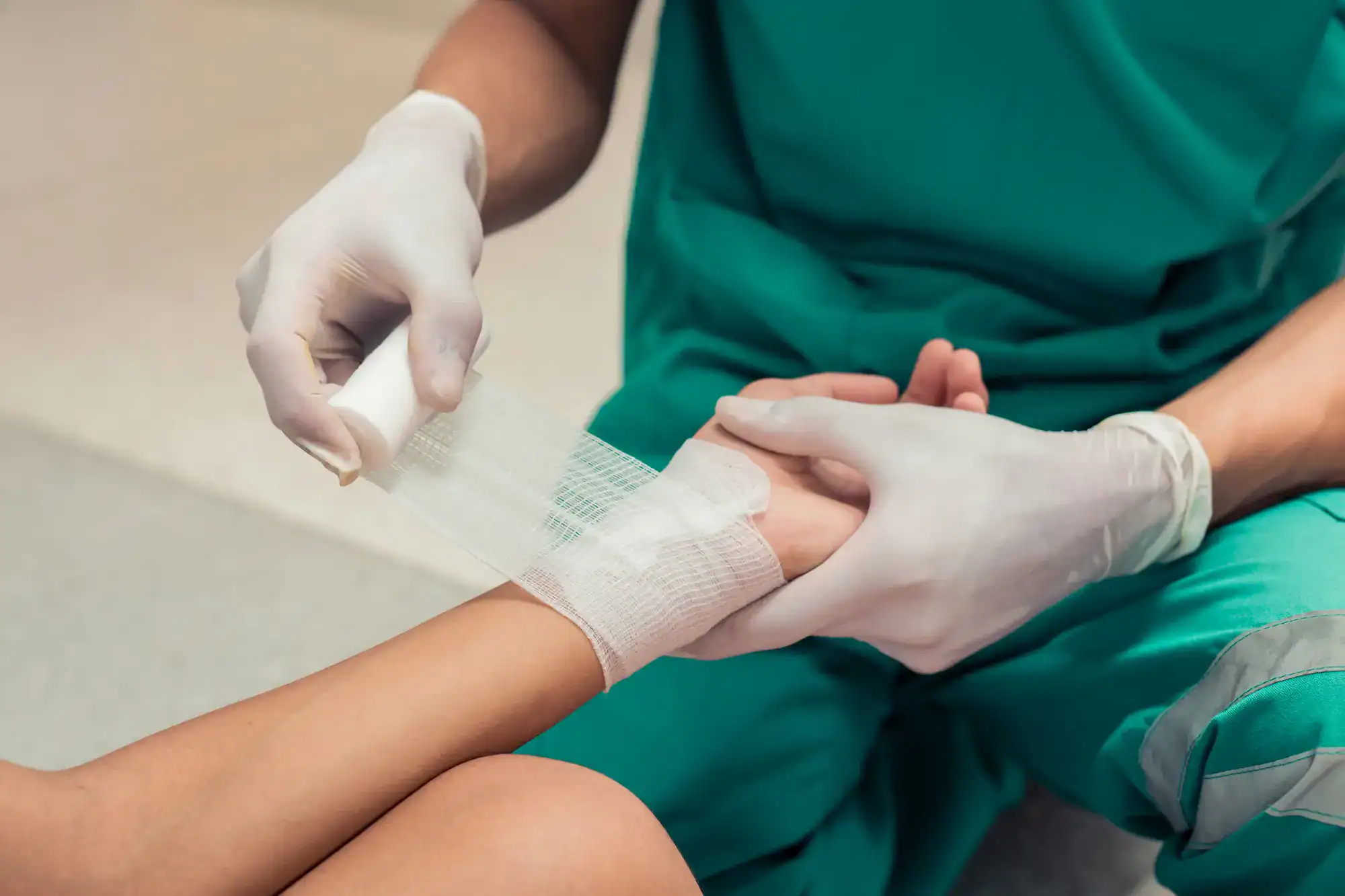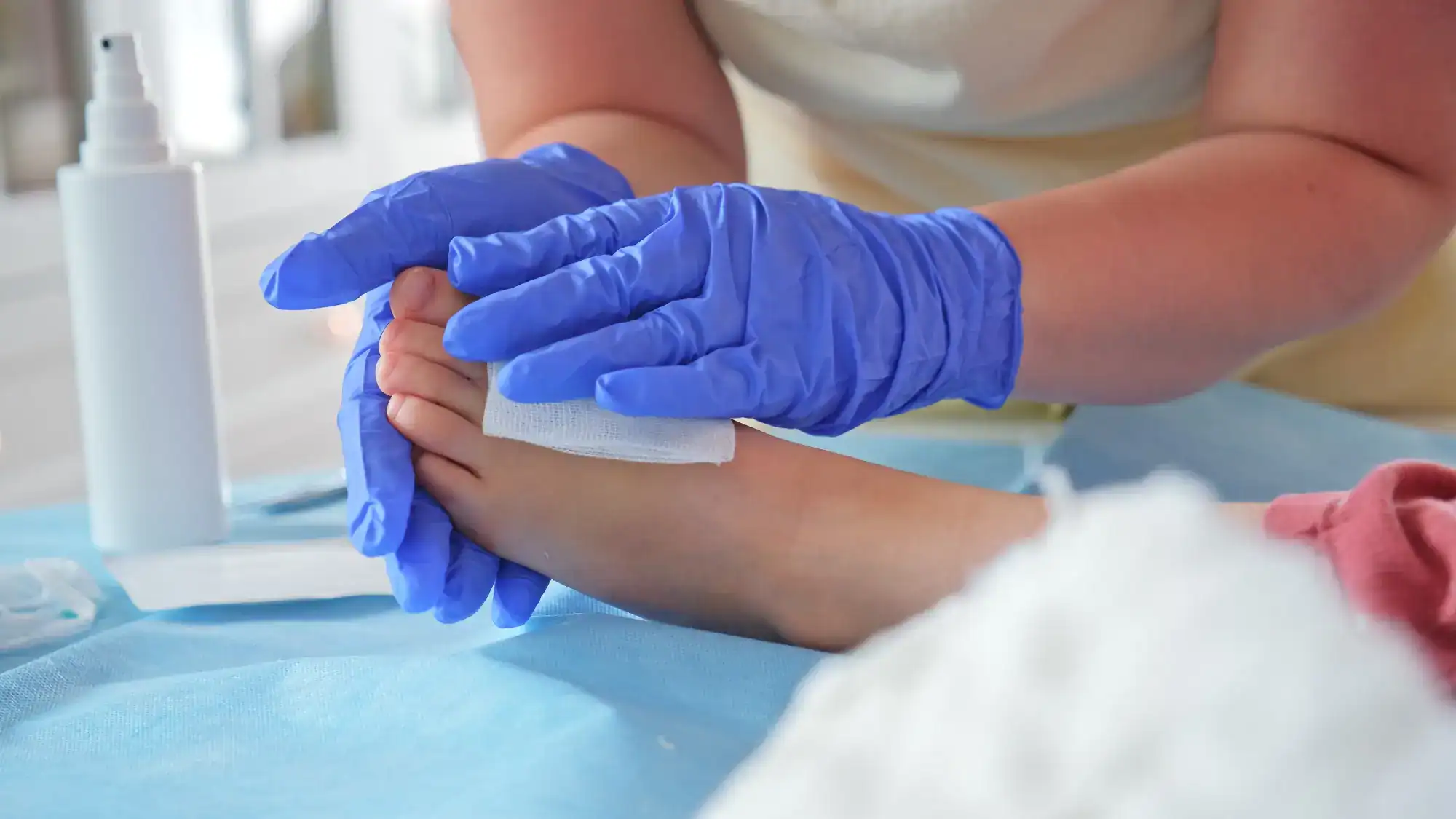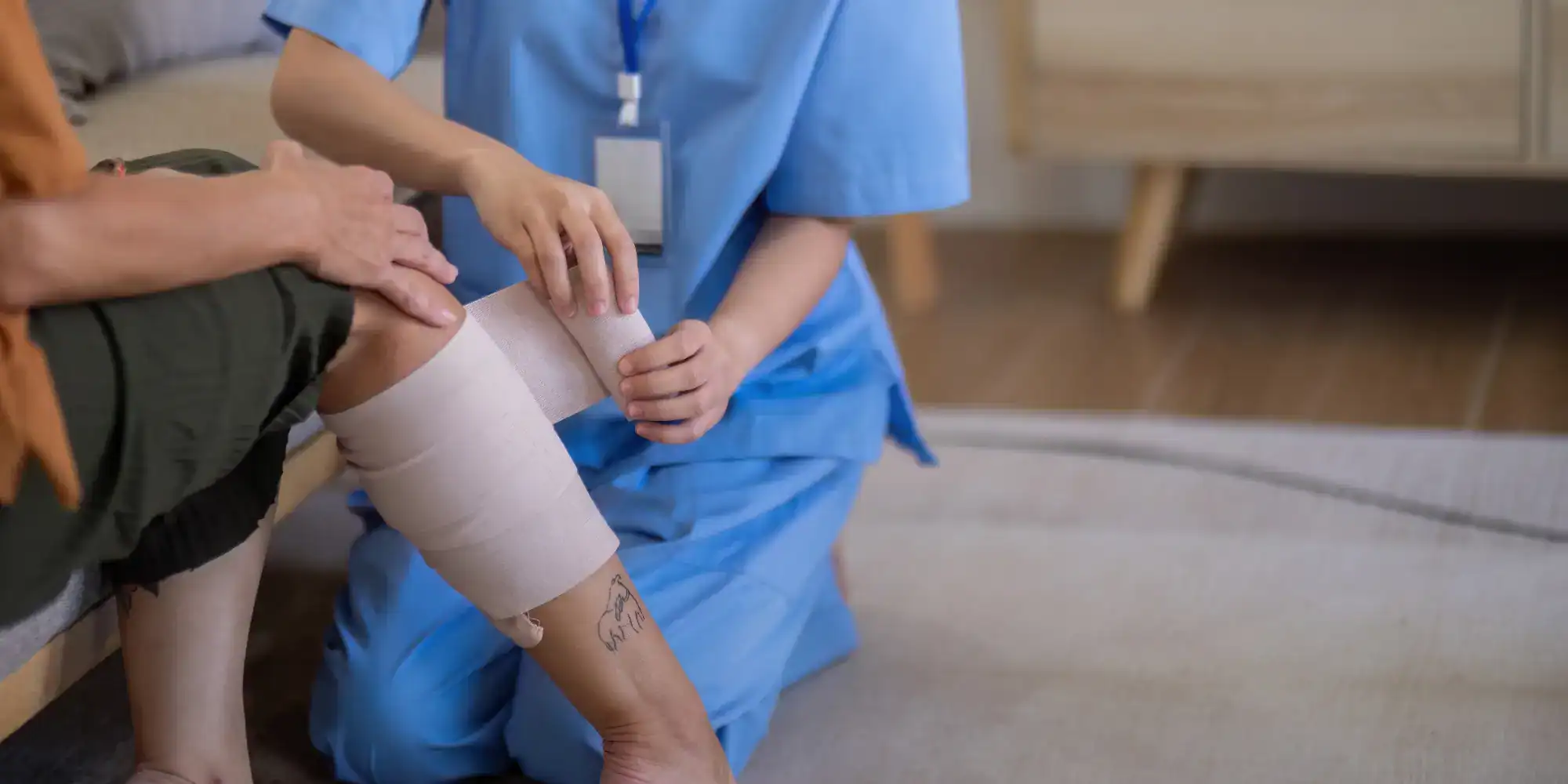Advanced wound treatments that work when traditional methods fail, right here in Rose.

See What Our Customers Think

You’ve dealt with that wound long enough. The pain, the worry, the appointments that don’t seem to help. You need healing that actually happens.
Our advanced wound care treatments target the root cause of why your wound isn’t healing. Whether it’s diabetes affecting circulation, infection preventing progress, or tissue that just won’t regenerate properly, we use specialized therapies designed for complex cases.
Most patients see significant improvement within the first few weeks. The constant dressing changes become less frequent. The pain starts backing off. You stop worrying about whether this thing will ever close up and heal properly.
MedXclusive has been treating complex wounds in Rose, FL for years. We’re the clinic other doctors refer to when standard wound care isn’t working.
Our team focuses exclusively on wounds that need more than basic bandaging. We’ve seen every type of chronic wound, diabetic ulcer, and post-surgical complication. We know what works and what doesn’t.
You’re not getting generic wound care here. Every treatment plan addresses your specific condition, health factors, and healing challenges.

First, we evaluate your wound completely. Not just the surface, but what’s preventing it from healing. Blood flow, infection markers, tissue health, underlying conditions like diabetes.
Then we create your treatment plan. This might include advanced dressings, specialized therapies, infection management, or treatments to improve circulation. We explain exactly what we’re doing and why.
You’ll come in for regular monitoring and treatment adjustments. We track healing progress and modify the approach based on how your wound responds. Most patients start seeing real improvement within 2-3 weeks.
We coordinate with your other doctors too. Your primary care physician stays informed, and we make sure your wound care works with your overall health management.

Ready to get started?
Your wound care includes comprehensive evaluation, advanced dressing systems, infection management, and specialized therapies like negative pressure wound therapy when needed.
For diabetic patients in Rose, we provide specific diabetic wound care protocols. This includes blood sugar impact assessment, circulation evaluation, and neuropathy considerations that affect healing.
We handle the complex cases. Venous ulcers, pressure sores, surgical wounds that won’t close, diabetic foot ulcers. The wounds that have been problematic for months get the specialized attention they need.
Every visit includes wound measurement, photography for progress tracking, and treatment adjustments. We’re monitoring healing at the cellular level, not just changing bandages.
